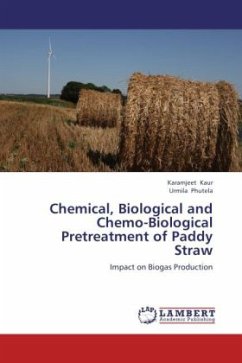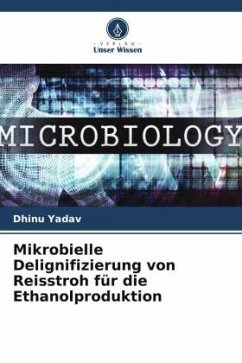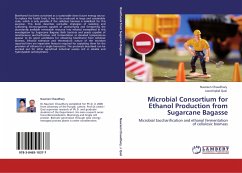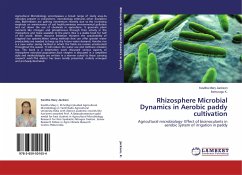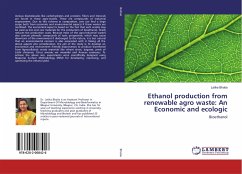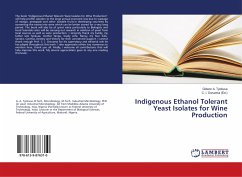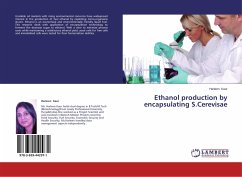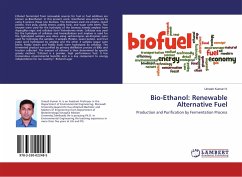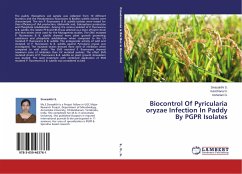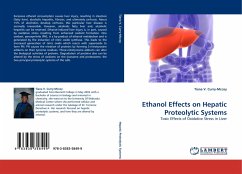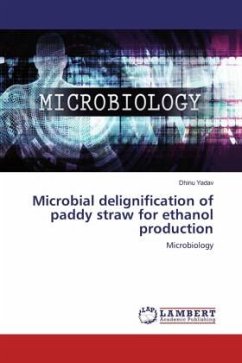
Microbial delignification of paddy straw for ethanol production
Microbiology
Versandkostenfrei!
Versandfertig in 1-2 Wochen
26,99 €
inkl. MwSt.

PAYBACK Punkte
13 °P sammeln!
The use of ethanol as an alternative motor fuel has been steadily increasing around the world. Bio-ethanol is produced from carbohydrate rich materials and this will lead to shortage of food, so there is a need for an alternative and cheap source. Bio-ethanol can also be produced from lignocellulosic materials which are abundant. Paddy straw is one of the most abundant lignocellulosic waste materials which contains about 25-45 % cellulose, 20- 30 % hemicellulose and 10-15 % lignin. A pretreatment process is essential to remove lignin, reduce cellulose crystallinity and increase the porosity of...
The use of ethanol as an alternative motor fuel has been steadily increasing around the world. Bio-ethanol is produced from carbohydrate rich materials and this will lead to shortage of food, so there is a need for an alternative and cheap source. Bio-ethanol can also be produced from lignocellulosic materials which are abundant. Paddy straw is one of the most abundant lignocellulosic waste materials which contains about 25-45 % cellulose, 20- 30 % hemicellulose and 10-15 % lignin. A pretreatment process is essential to remove lignin, reduce cellulose crystallinity and increase the porosity of the materials making cellulose desirable to hydrolysis for subsequent fermentation. There are different kind of pretreatments and the main categories are: physical, chemical and biological. Physical and chemical processes have not been proven suitable so far, due to high cost and production of undesirable by-products. Biological methods of pretreatment are less energy consuming and ecofriendly.



